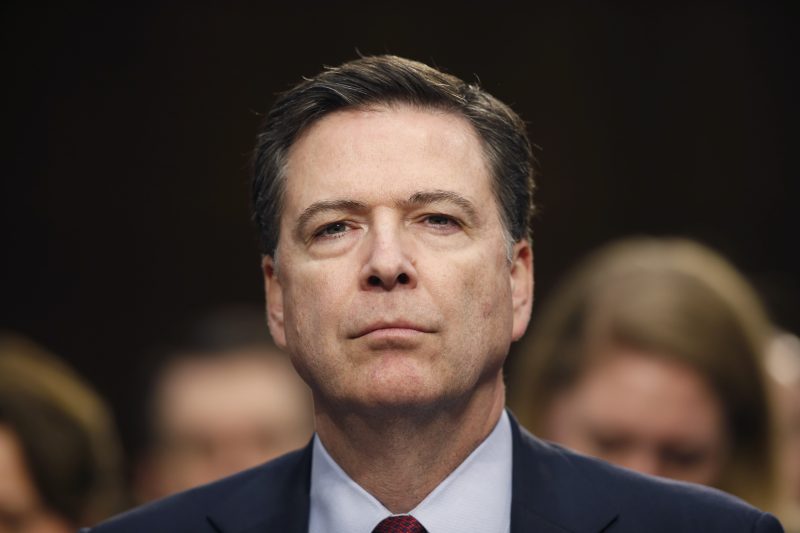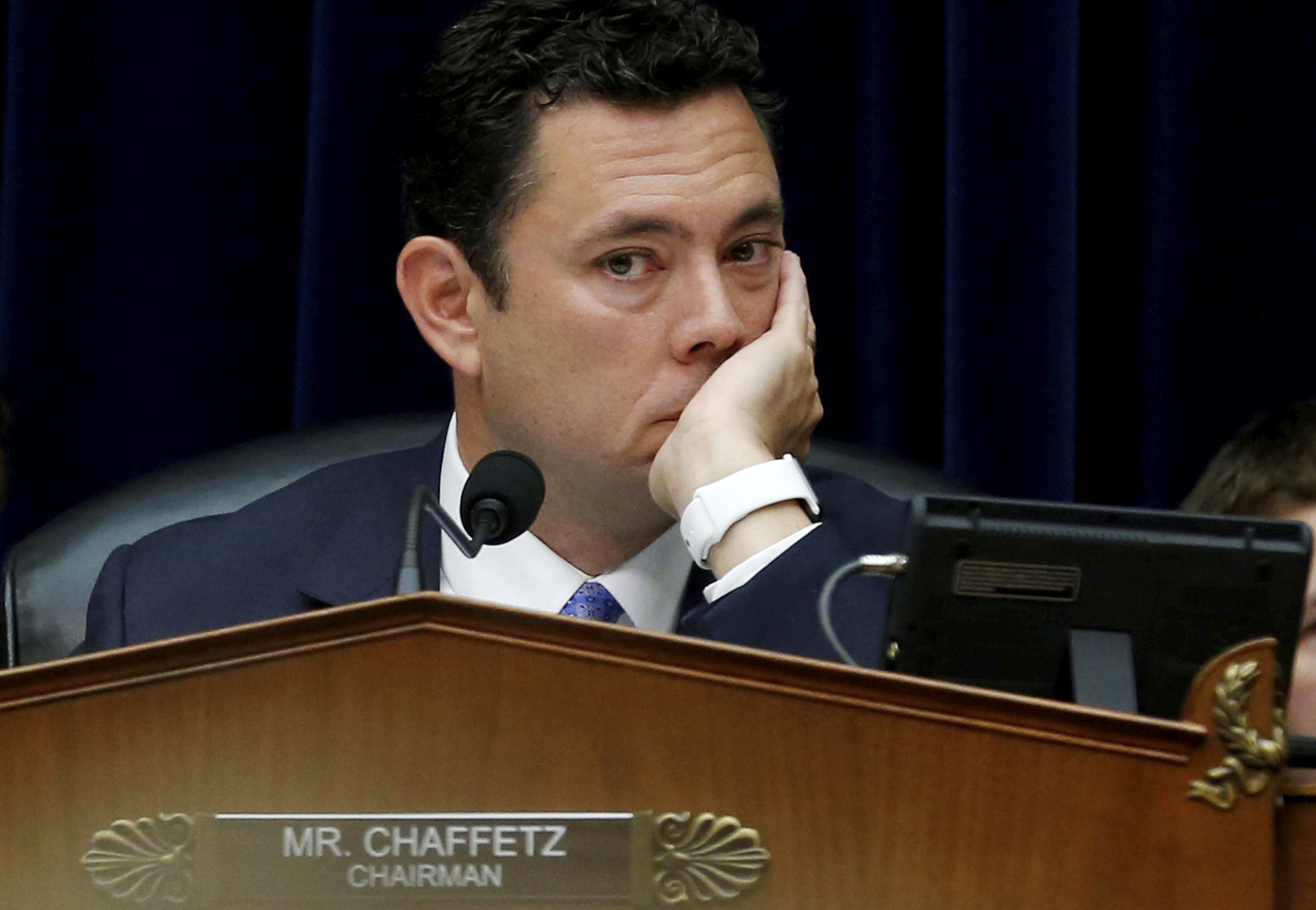The FBI on Thursday declined the request of the chairman of the House oversight committee, Jason Chaffetz, for the memos maintained by former FBI Director James Comey detailing his interactions with President Donald Trump.
In a letter, the FBI cited the appointment of a special counsel as the reason for its decision to withhold the documents.
“On May 17, 2017, Deputy Attorney General Rod J. Rosenstein announced the appointment of former FBI Director and Department of Justice official Robert S. Mueller III to serve as special counsel investigating Russian efforts to interfere with the 2016 United States presidential election,” said the letter, signed by Gregory Brower, the assistant director of the Office of Congressional Affairs. “In light of this development and other considerations, we are undertaking appropriate consultation to ensure all relevant interests implicated by your request are properly evaluated.”
The FBI added that it would “update this response as soon as possible.”
Chaffetz sent his original request after it emerged that Comey had kept detailed memos, known as memoranda for the record, of his interactions with the president.
One of those memos described a meeting in the Oval Office in February, during which Comey wrote that Trump had nudged him to drop the FBI's investigation into Michael Flynn, the former national security adviser. Flynn had resigned one day before the meeting, according to Comey's memo.
Shortly after news of Comey's memo broke, Chaffetz wrote a letter to the FBI saying Comey's notes "raise questions as to whether the president attempted to influence or impede the FBI's investigation as it relates to Lt. Gen. Flynn." Chaffetz called on the FBI to release the memos "so the committee can consider that question and others" related to the Russia probe and whether Trump interfered in the investigation.

Chaffetz replied on Thursday to the FBI, saying the oversight committee had a "constitutionally based prerogative" to conduct its investigation, but that he did not want to interfere with Mueller's probe.
Mueller was appointed to spearhead the FBI's Russia probe after a slew of explosive news stories posed questions about the president's and his associates' ties to Russia.
After Trump fired Comey on May 9, he said "the Russia thing" had been a factor in his decision. Trump also met with the Russian foreign minister and ambassador in the Oval Office the day after firing Comey, during which he reportedly revealed classified information, called Comey a "nut job," and said his firing relieved "great pressure."
"The focus of the committee's investigation is the independence of the FBI, including conversations between the president and Comey and the process by which Comey was removed from his role as director," Chaffetz said in the letter. "The records being withheld are central to those questions, even more so in light of Comey's decision not to testify before the committee at this time."
Comey is set to testify before the Senate Intelligence Committee in an open, public hearing after Memorial Day.

